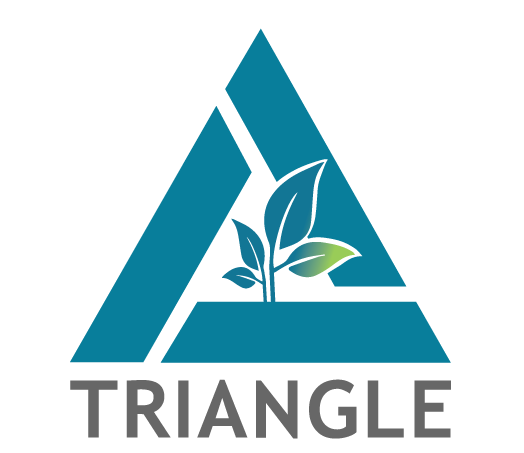
With the start of another school year, our Education team reaffirms its dedication to advancing climate change education. From providing the basic science behind climate change to instilling a sense of climate justice, we strive to empower students to become stewards of our planet. Join us in this dialogue as we explore the key projects, unique tools, and overarching goals that define our mission in the realm of climate change education. To do this, we reached out to Education and Outreach Specialist Megan Soland for more information about the programs we facilitate.
What is our overarching goal for these projects?
We aim to teach kids about the science of climate change, the inequities surrounding climate justice, and the realities of the world today while helping them to understand their role and what we can all do to help. A critical component of our work with students is to help ease their “eco-anxiety”. There is actually a lot we can do to reduce our climate impact! It’s also important students understand that it’s not “all on them” to fix the climate problem. Sharing laws, regulations, and changes happening in our communities on a larger scale is critical to reducing this anxiety we see rampant in young folks today.
What do you teach about climate change?
Climate change is a complicated, multi-faceted issue. When it comes to teaching students, we break it down into two “buckets”. The first bucket is helping students understand the actual science behind climate change – how greenhouse gas emissions impact our planet, and the effect that climate change has on oceans, land, and living communities. The second bucket is connecting students to the social aspect – how the negative impacts of climate change disproportionately affect human communities due to a wide breadth of socio-economic factors, and how folks of varying backgrounds relate to the facts.
Is there a unique way that we approach this work?
In my opinion, the most impactful tool we use is the decision-making approach we encourage students to take part in. Acting in these positions gives students an opportunity to see how decisions get made and a safe space to ask questions and challenge one another. Hopefully, practicing these skills will help students to feel more confident engaging with their own local communities to make the changes they wish to see.
Can you talk about some of the specific projects that focus on climate change?
Climate and Communities, a program Triangle developed and teaches on behalf of King County Solid Waste Division, was launched in 2021 and highlights the science of climate change and the inequitable impacts on human communities. Using this climate justice lens, we put students in the position of local and global decision makers. The students learn about different communities, how they are contributing to climate change, and how climate change impacts them. They’re given cards with impact solutions and asked to rank those solutions from most to least beneficial to their assigned community. These “community groups” then come together as a “global community” to reassess their decisions and determine how the chosen solutions would impact all the communities.
A new program, Climate Waste and Communities, was developed and piloted by Triangle on behalf of Seattle Public Utilities in 2023 and teaches the science of climate change and how our waste streams are connected to the issue. This program incorporates games that students play to learn about the carbon cycle and how each step within our garbage, recycling, and compost waste streams impact greenhouse gas emissions. Games provide a fun, engaging learning format that helps lessen the eco-anxiety mentioned earlier. This program also aims to build personal connections to the historical and local contexts of climate change. Students explore how the production of carbon dioxide gas has increased since the industrial revolution, who and what is impacted by climate change, and climate change impacts and projections specific to Washington state communities.
What are some highlights of your work on this project?
I really love seeing the kids take an active part in making decisions and learning about how these systems work. One of my favorite teaching days last year (2023) was when I was invited to present our Climate and Communities program at Innovation Lab High School. They were celebrating Earth Day with an all-school climate science themed event. The school invited several Washington state entities to offer a rotation of workshops focused on climate change. It was really powerful to see students taking such an active role in participating in these workshops and committing an entire day to addressing the future of our climate!
What are some skills and expertise that you and the team bring to these projects?
Our team is really great at breaking down large science-heavy systems and topics into digestible pieces for folks of all ages. This can be especially challenging when topics are emotionally charged, such as climate justice and climate science (which has unfortunately been politicized over the years). We have diverse knowledge and skillsets, and we all contribute to the programs we facilitate in a way that allows us to connect with students of different age groups, demographics, and accessibility needs. One thing I personally love about the team is that we are such a “knitted-together” group. We support the programs together, share ideas often, and ensure that the students are getting the best experience with these programs.
What are the next steps for this work?
Climate data and legislation are always changing, and we like to provide students with the most accurate and up-to-date information. So, while well-established programs might not change much, we review the data each year and update statistics to align with the newest information available.
 Triangle Associates
Triangle Associates
Categories
Recent Posts
Recent Comments